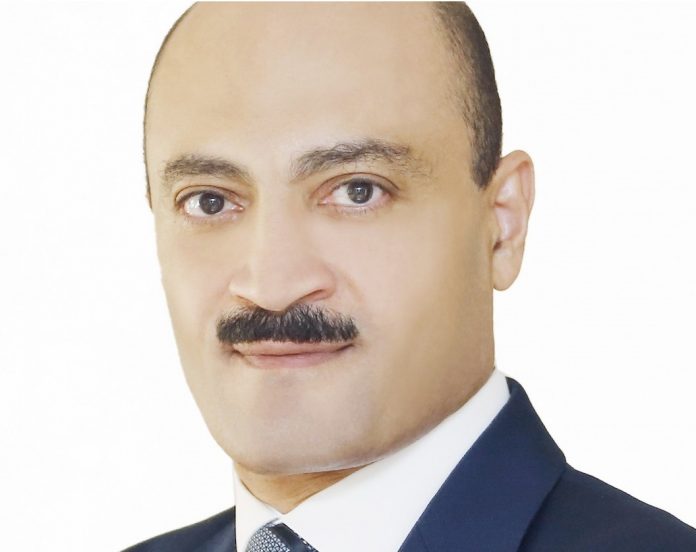After two years of restructuring, Ras Al Khaimah-based Gulf Pharmaceutical Industries, better known as Julphar, is looking to raise AED500 million (US$136 million) on the Abu Dhabi Securities Exchange. Proceeds will be used, the company said: “to strengthen its financial position and settle its current liabilities”. They will also be used to expand Julphar’s operations in its key markets of Saudi Arabia, Iraq and Egypt.
Established in 1980, Julphar is one of the largest pharmaceutical manufacturers in the Middle East and Africa, indeed it is one of the leading producers of insulin in the world.
As part of its capital restructuring (which has also included a capital reduction of AED503 million), it is intending to sell 500 million new shares on a 1-for-1.3104 basis at AED1 each. This will increase the company’s share capital to AED1.2 billion. The subscription period of the shares begins on 29 June and ends on 12 July. First Abu Dhabi Bank is managing the deal.
“The rights issue is a key component of the transformation plan which I am confident will further help us fuel our growth agenda in the years to come,” said Julphar chairman Saqer Humaid Al Qasimi.
The capital restructuring and the terms of the rights issue were approved by Julphar’s board and shareholders at the company’s annual general assembly in April. The rights issue has also been approved by the Security and Commodities Authority (SCA) of the UAE.
It has been a tough couple of years for the company that has seen it locked out of Saudi Arabia, Oman, Bahrain and Kuwait, as well as having to recall a number of products because of quality issues.
Last year saw headcount reductions across the company and management has been choppy with former chief executive Jerome Carle the most high-profile casualty in September last year. The appointment of Essam Farouk to head the company in April has done much to steady the ship.
The former chief executive of Algerian pharmaceutical company Elkendi and Jordan’s MS Pharma has a reputation for transformation and almost immediately launched what the company called “a comprehensive transformation program”. This involved market re-entry plans for Saudi Arabia and Kuwait, an expansion of its product portfolio, investments in quality control systems, and “the implementation of a cost optimisation initiative with a view to returning to profitability and rebuilding its leading market position”.
Farouk’s impact was already apparent in the company’s first-quarter results, released at the end of May. Although revenues fell 4% to AED104.4 million, the company had slashed its losses by a third to AED62.5 million and had made significant headway in cutting costs. That of sales was trimmed 15% to AED90.6 million while sales and distribution expenses were cut by 24% to AED49 million.
The icing on the cake came with the resumption of exports to Bahrain and Kuwait only a few days later, in early June. Exports to Oman had resumed in March and to Saudi Arabia at the end of April.
“In the past few months, we have accelerated our transformation journey to reclaim Julphar’s leadership position in the MENA region,” said Farouk. He called the rights issue “central to our turnaround strategy” and confirmed that the company is working on a number of strategic initiatives “to move us towards a cash positive position and bring Julphar back to profitability”.
The market has certainly received the turnaround at the company well. Although its shares are showing a one-year decline of almost 50%, according to Bloomberg, they are up almost 56% since the end of May.











